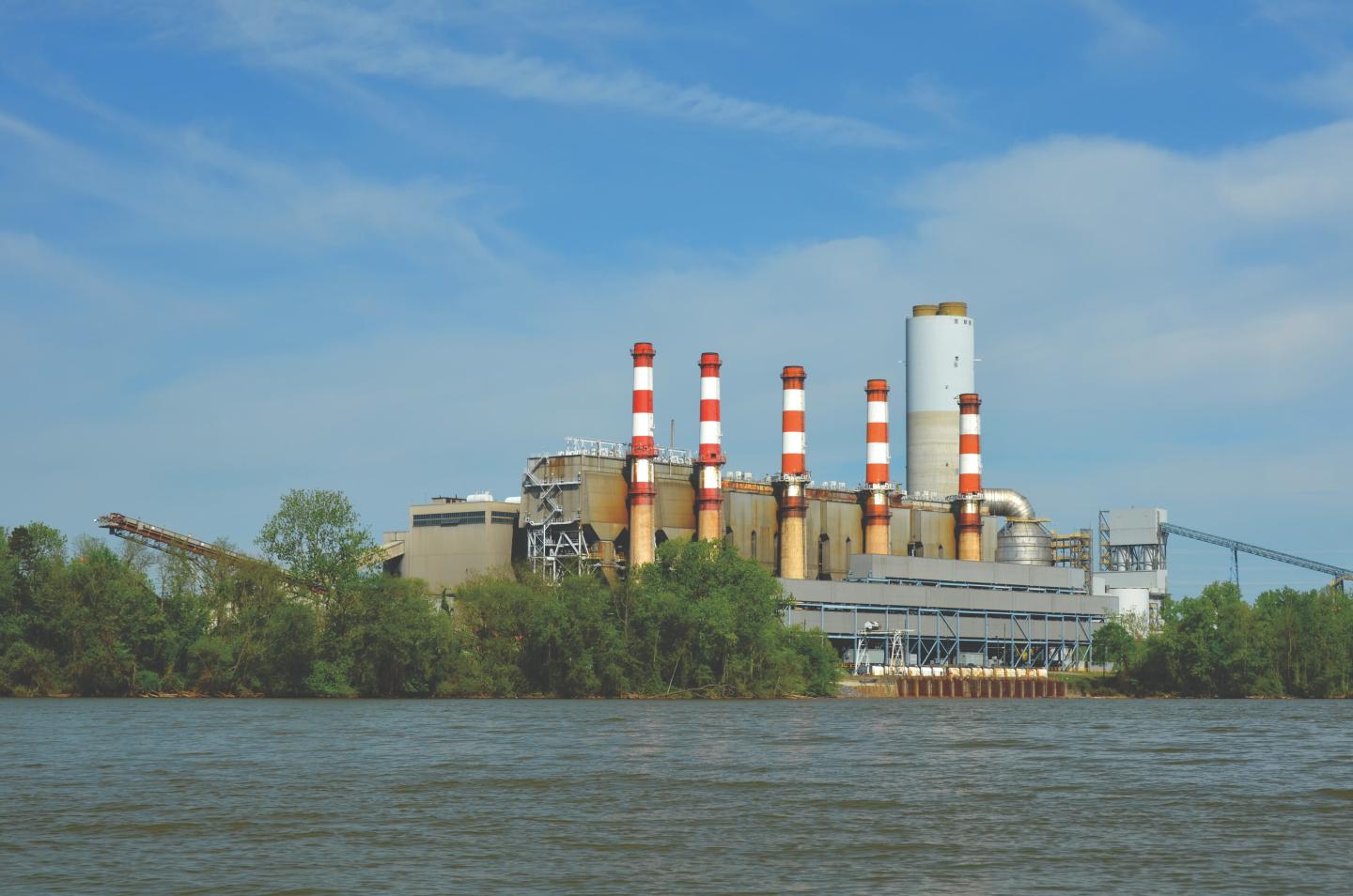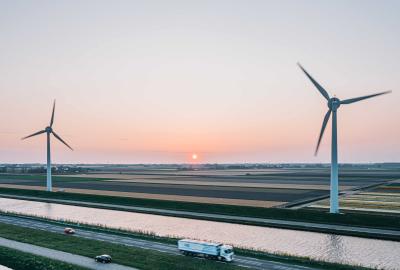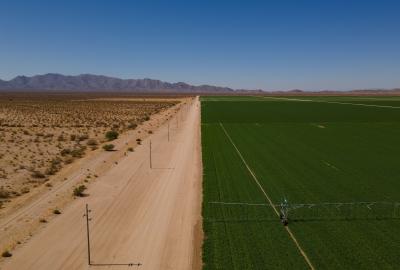As one of America's largest utilities doubles down on dirty energy, residents demand better
Update March 27, 2025: Since this story was first published, North Carolina regulators largely approved Duke Energy's controversial plan to build new gas-powered plants while removing requirements that Duke zero out 70% of its carbon pollution in the next five years.
When Chelsea Lyons and her husband were looking to buy a home, they knew what they were looking for: A good school district for their son, a friendly, safe neighborhood not too far from family and friends, and plenty of space for their two dogs and half dozen chickens to roam.
“We were sold the moment we found it,” said Lyons of the house they bought two years ago in Madison, North Carolina, a small town just outside of Greensboro.
What they didn’t know then, but would soon find out, was that one of their new neighbors, the Belews Creek Station, a coal-fired power plant, wasn’t especially friendly, and, because of the pollution it spewed out, the neighborhood wasn’t so safe after all.

“My 3-year-old niece has asthma,” says Lyons, who is the North Carolina state coordinator for Moms Clean Air Force. “Whenever she comes to visit us, she gets weird rashes and has to use her inhaler multiple times a day.”
And then there was another unwelcome surprise: Their first electricity bill totaled over $300. That was twice what the previous homeowner said they usually paid. And that was in October, with neither the AC or furnace running.
If Duke Energy, the only electricity utility in the state, gets its way, pollution and sky-rocketing electricity bills will be the norm for decades to come for Lyons and millions of other North Carolinians.
That’s because despite state plans to zero out carbon pollution from the power sector by 2050, Duke Energy is proposing to build 10 new gas plants in the next 10 years — one of the largest fossil fuel build outs in the country.
That aggressive construction project comes with a huge price tag, which Duke will pass on to ratepayers through their energy bills, along with wildly fluctuating prices for gas and all the pollution that comes with burning fossil fuels.
Environmental news that matters, straight to your inbox
Lyons is just one of hundreds of North Carolinians who have turned out at statewide public meetings over the last couple of months to express concern about Duke Energy’s Carbon Plan proposal, which needs approval from state regulators to go forward.

“I don’t want to pay more for more pollution,” says Lyons. “Duke is guaranteed a profit, while we are guaranteed dirtier air, a less safe climate and a higher cost of living.”
And if price and pollution wasn’t enough, having an electricity grid that relies so heavily on fossil fuels has also proven to be a reliability risk.
Two years ago on Christmas Eve, half a million North Carolinians lost power during rolling blackouts that darkened streets normally ablaze with holiday lights and left families feeling anything but cozy and cheerful. The Grinch? Failures at gas and coal plants.
The blackouts, as the utility later testified, were in large part due to frozen fossil units and instrumentation, software failures, and technology glitches. The federal investigation of the blackout found that problems ran all the way up the gas supply chain, meaning that the reliability of Duke’s gas plants, and of power supply for North Carolinians, are increasingly vulnerable to disruption and reliant on factors beyond Duke’s control.
So why is Duke doubling down on dirty power? In short, because they can. And the system is set up so that the more money Duke spends, the more money Duke makes.
“There’s no free market for electricity in North Carolina,” says Will Scott, southeast climate and clean energy director at Environmental Defense Fund, which is working to stop Duke’s massive investment in dirty power. “With no meaningful competitor to provide customers the option to choose a different energy provider, Duke dominates the market. The company’s expensive investment plans are entirely in line with what should be expected from a profit-seeking monopoly utility taking advantage of a captive customer-base. Ratepayers are on the hook for every penny of cost and every ounce of risk.”

EDF and others are calling on Duke to scale back its gas plans and ramp up investment in clean energy. North Carolina is already among the top five solar producers in the country and has vast untapped offshore wind resources. There are three offshore wind areas off the coast of North Carolina already leased to wind energy developers and ready to go. Analysis shows that these areas could be providing the state with clean energy within just six years.
And North Carolina’s offshore wind areas are predicted to generate the most power at night and during the winter, times when the state experiences peak demand.
Investing in renewables instead of fossil fuels could also give ratepayers some relief. In Virginia, for example, offshore wind energy projects are projected to save electricity customers $300 million in fuel costs per year — over $3 billion in total during their first decade of operation.
In November, North Carolina regulators greenlit 9 gigawatts of new plants that burn natural gas and gave Duke a pass on meeting its obligation to cut 70% of its greenhouse gas emissions over the next five years. The state senate has since passed a bill to throw out this requirement altogether. At the same time, regulators directed Duke to take the first steps towards adding 2.4 gigawatts of offshore wind over the next decade – a meaningful move to ramp up renewables in the state.
But the fight for the future of energy in North Carolina is far from over.
“This year, we have another chance to get North Carolina back on track to achieving the carbon reduction goals as directed by state law,” said Scott. “If we can accelerate offshore wind and solar, we can still set a course for a cleaner, safer, more affordable and reliable future.”

